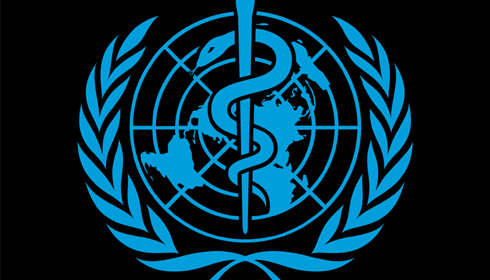
Addressing Global Breast Cancer: WHO’s Call for Awareness and Action
Breast cancer is the most prevalent cancer worldwide, affecting approximately 2.3 million people each year. It accounts for one in eight cancer cases among men and women and constitutes a quarter of all cancer diagnoses in women. The burden is particularly heavy in resource-constrained settings, where 70% of breast cancer-related deaths occur. This disparity is largely due to barriers within health systems and patient-level challenges, including low awareness and limited knowledge, which contribute to the underutilization of early detection services, leading to late-stage diagnoses and, consequently, poorer outcomes.
In many low- and middle-income countries, breast cancer often affects younger populations, contributing significantly to premature mortality and a high number of maternal orphans. This scenario places a considerable strain on families and communities, further deepening gender and socioeconomic inequalities. Addressing breast cancer in these regions is not merely a health priority but also a critical step toward achieving broader sustainable development goals (SDGs), particularly those focusing on gender equality, improved health and well-being, and reduced inequalities. A concerted global effort, such as the Global Breast Cancer Initiative (GBCI) led by the World Health Organization (WHO), seeks to integrate breast cancer control into national health strategies and policies. Through this approach, countries can make significant strides toward achieving SDG 3.4, which aims to reduce premature mortality from noncommunicable diseases (NCDs) by one third, and SDG 3.8, which emphasizes the importance of universal health coverage (UHC).
The Global Breast Cancer Initiative advocates for greater awareness, improved patient support, and collaborative action across sectors. By enhancing public understanding of breast cancer risk factors and promoting early detection and treatment, the initiative aims to empower communities to take charge of their health and well-being. It also provides a platform for member states to share knowledge, renew commitments, and enhance their efforts in reducing the global burden of breast cancer. An integral part of the initiative is the launch of the Breast Cancer Patient Navigation Brief and Knowledge Action Portal, which offer essential guidance and support for patients navigating complex healthcare systems. These resources aim to streamline the patient experience, ensuring that individuals receive the care they need at every stage of the disease.
Country-level policy dialogues are a key component of the initiative, focusing on improving service delivery and evaluation at all levels of care. By addressing systemic barriers, investing in diagnostic and treatment infrastructure, and ensuring equitable access to quality care, countries can enhance their capacity to manage breast cancer more effectively. This will not only improve outcomes for women but also contribute to the overall strengthening of national health systems.
Addressing breast cancer is not just a matter of health—it is a critical step in advancing gender equality and reducing socioeconomic disparities. In many resource-constrained settings, women face significant challenges in accessing quality healthcare due to financial constraints, lack of education, and social stigmas associated with the disease. Improving breast cancer outcomes, therefore, requires a comprehensive approach that tackles these underlying social determinants of health. Integrating breast cancer prevention, early detection, and treatment into national health systems can strengthen countries' ability to manage NCDs and bring them closer to achieving universal health coverage. This strategy will also support the broader sustainable development agenda, ensuring that women, regardless of where they live, have the opportunity to lead healthy, productive lives.
The Global Breast Cancer Initiative aims to catalyze a unified response to breast cancer, bringing together governments, health organizations, civil society, and communities in a collaborative effort. Through advocacy, knowledge sharing, and support for policy development, the initiative is committed to reducing the global burden of breast cancer and improving outcomes for millions of women around the world. By promoting collective action and renewed commitment, we can move closer to a future where equitable, high-quality breast cancer care is accessible to all.